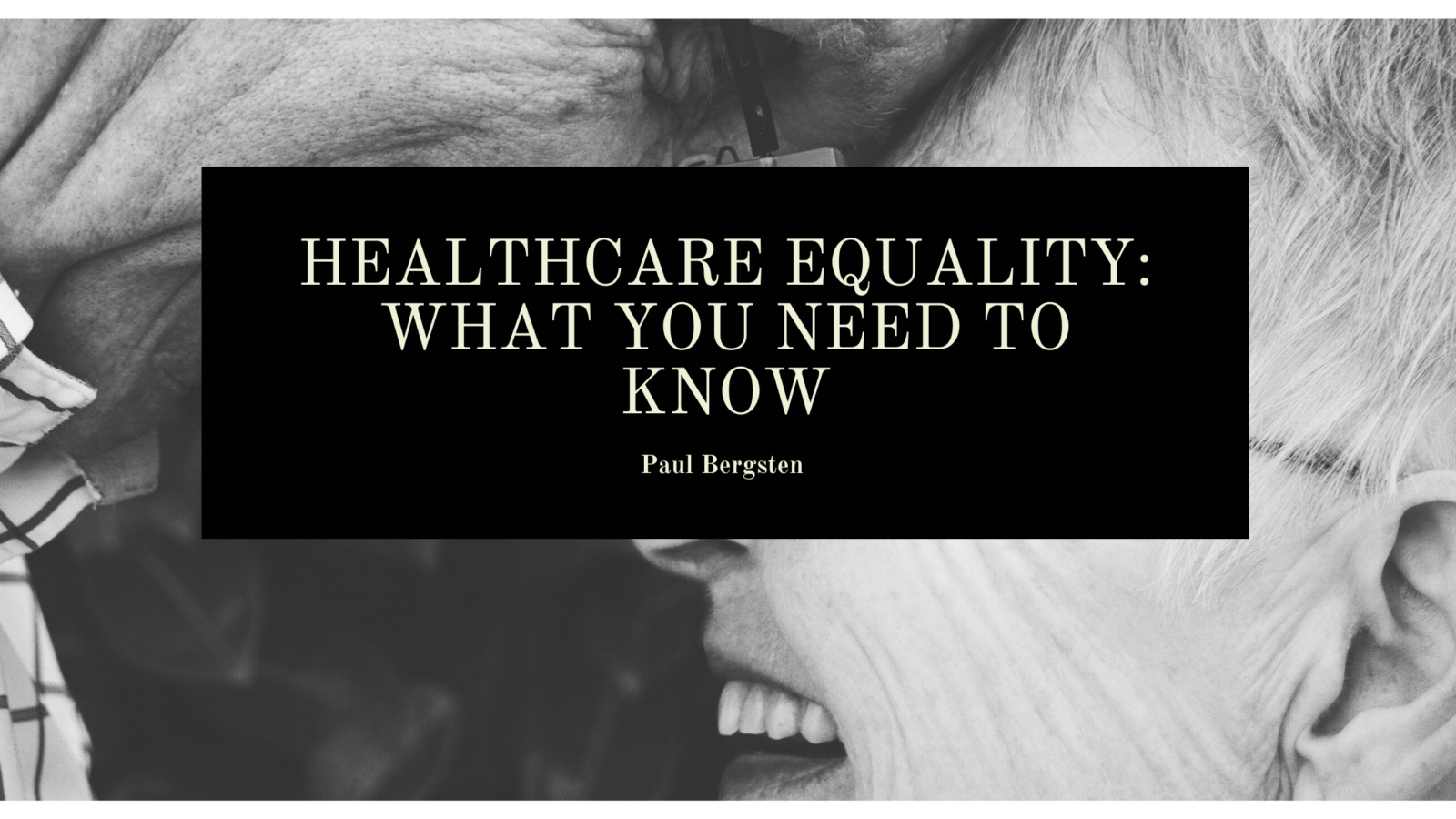Creating More Inclusive Healthcare Systems
UCLA Health is identified as a Core Four Role player in Healthcare Equity for lesbian, gay, and bisexual individuals in the United States. As a member of the Los Angeles school district, UCLA has an obligation to ensure that all students enrolled in its programs and services are afforded equal opportunity in healthcare settings. In keeping with its responsibility to ensure that all campus members can enjoy equal access to healthcare services and facilities, UCLA has made several changes to its policies and procedures in recent years.
Several organizations are dedicated to providing guidelines and materials to ensure that transgender patients can be fully accepted and treated by medical and other healthcare professionals. They include the American College of Obstetricians and Gynecologists, the American Medical Association, the American Psychological Association, the American Academy of Pediatrics, the Association of College Students in Gynecology, the National Association for Gender Diversity, the National Transgender Women’s Center, and the Transgender National Center. In 2021, the federal government passed the landmark Americans With Disabilities Act (AWDA) that contained language regarding sexual orientation and gender identity. Since its passage, more inclusive healthcare treatments have been made available to many previously denied services or, even worse, discriminated against.
In addition to these changes, transgender patients have the opportunity to take part in a wide range of community-based programs that promote self-awareness, visibility, and connection. These programs offer free quality information resources, such as magazines, newsletters, web sites, and training pieces. Transcribe, publish, and distribute transcribing scripts for LGBTQ healthcare practitioners to use in their practice. Many local healthcare institutions have also started adding transgender programs to their student communities across the campus. In doing so, they are building connections with a diverse group of individuals who share similar concerns, goals, and ideals.
Conclusion
There are many places where it is becoming quickly apparent that there is a great need for healthcare equality. Knowing your patient’s rights is hugely important when you seek medical treatment. Once you’re aware of your rights, it becomes much easier to get the help you need.
For healthcare providers, it’s important to treat all of your guests with respect. While some may be challenging and some may be facing unique issues, they are all equal.


